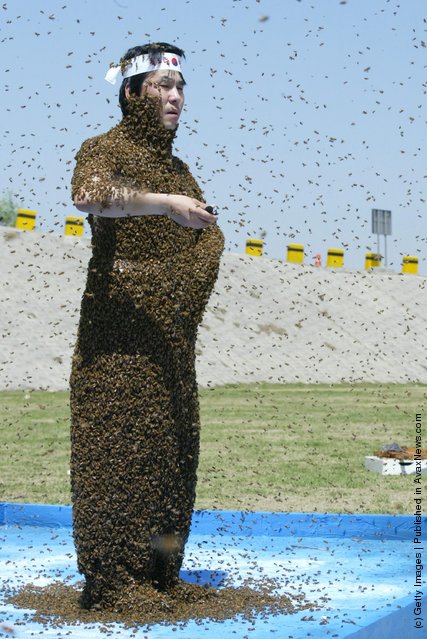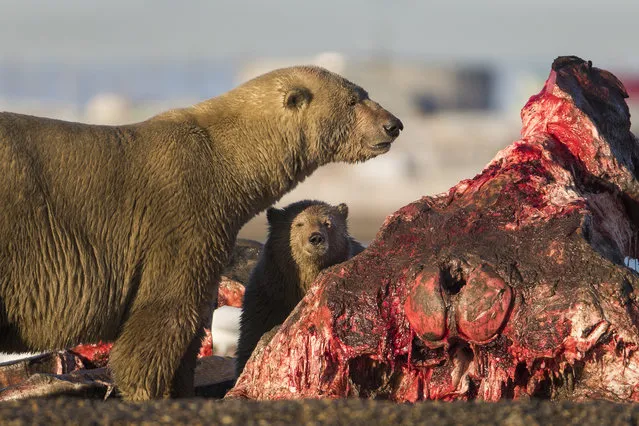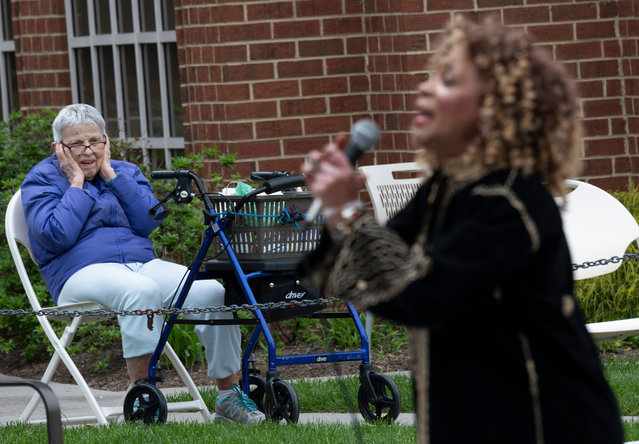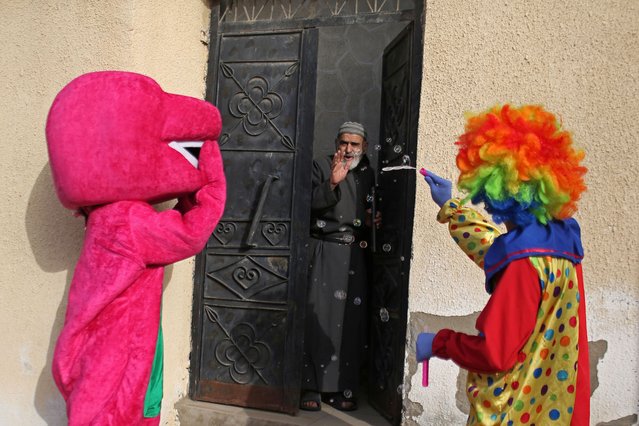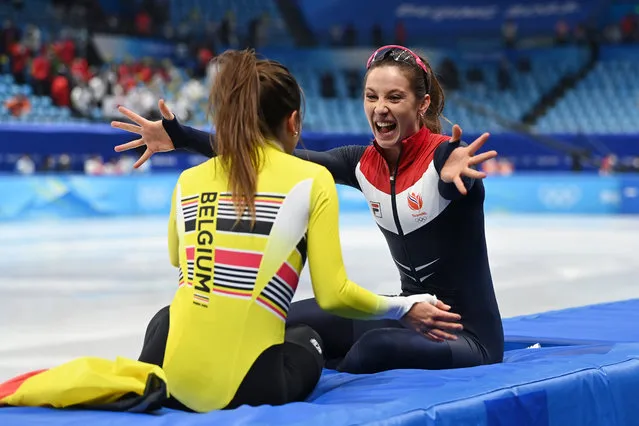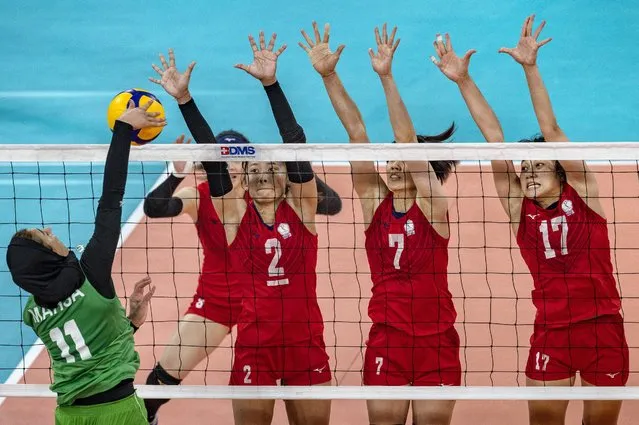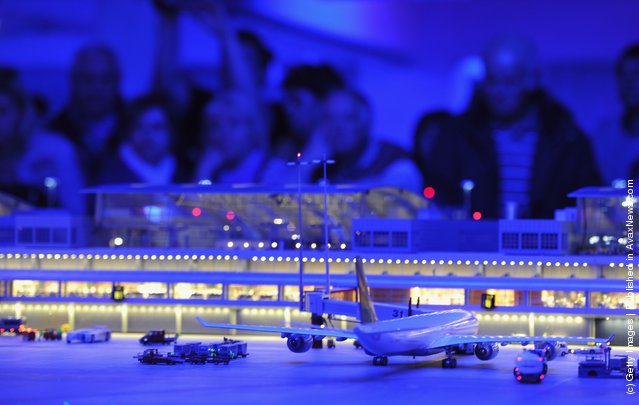
The public get the first view at the opening of the new miniature model Knuffingen Aiport at Miniatur Wunderland on the airport's opening day on May 4, 2011 in Hamburg, Germany. Miniatur Wunderland is the world's largest model railroad landscape, and the model airport, also the world’s largest, goes into operation following 6 years of development and construction and an investment of EUR 3.5 million. The airport is a reproduction of Hamburg’s international airport and includes 40 aircraft that take off and land and 90 vehicles that autonomously move around the runways on May 4, 2011 in Hamburg, Germany. (Photo by Stuart Franklin/Getty Images)
04 May 2011 13:07:00,post received
0 comments

